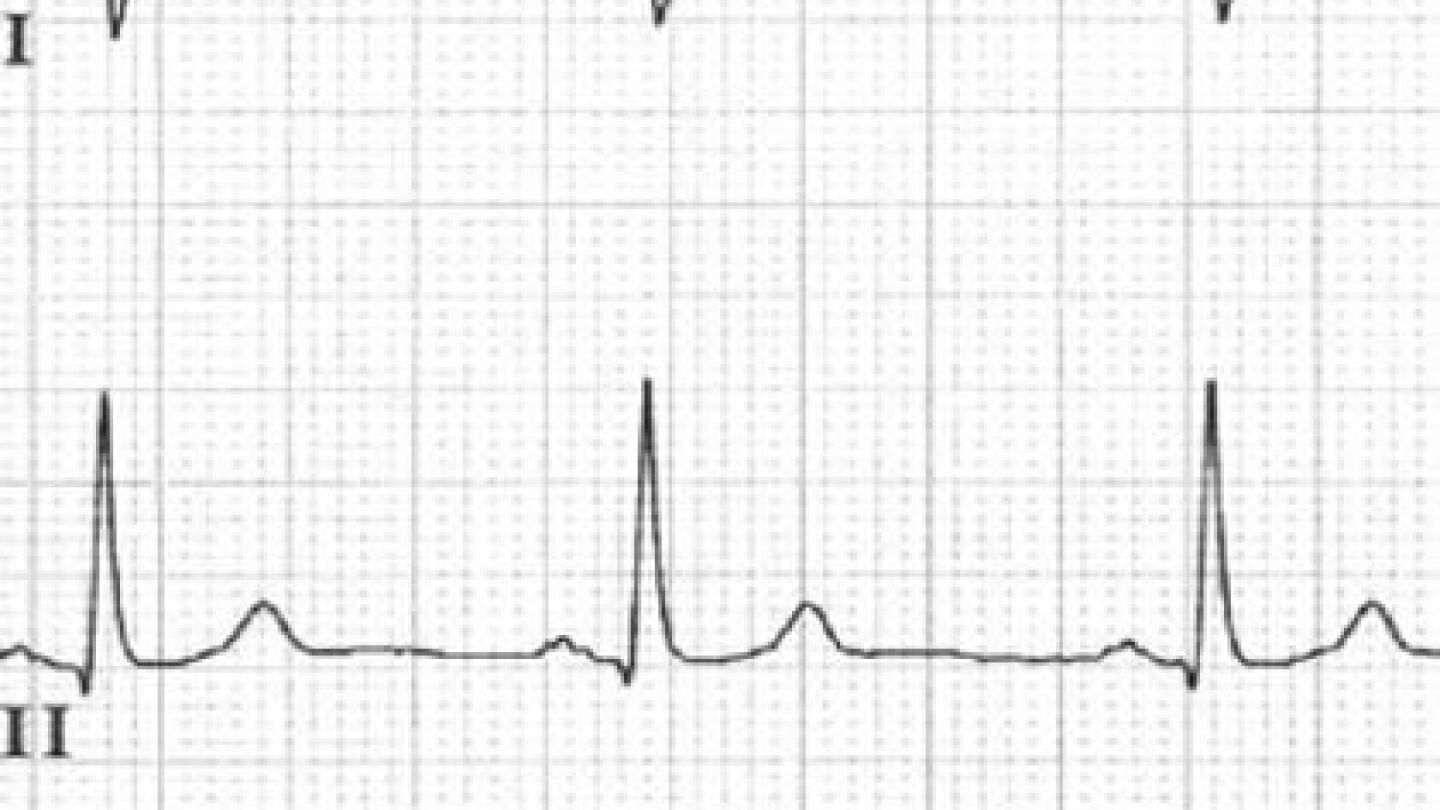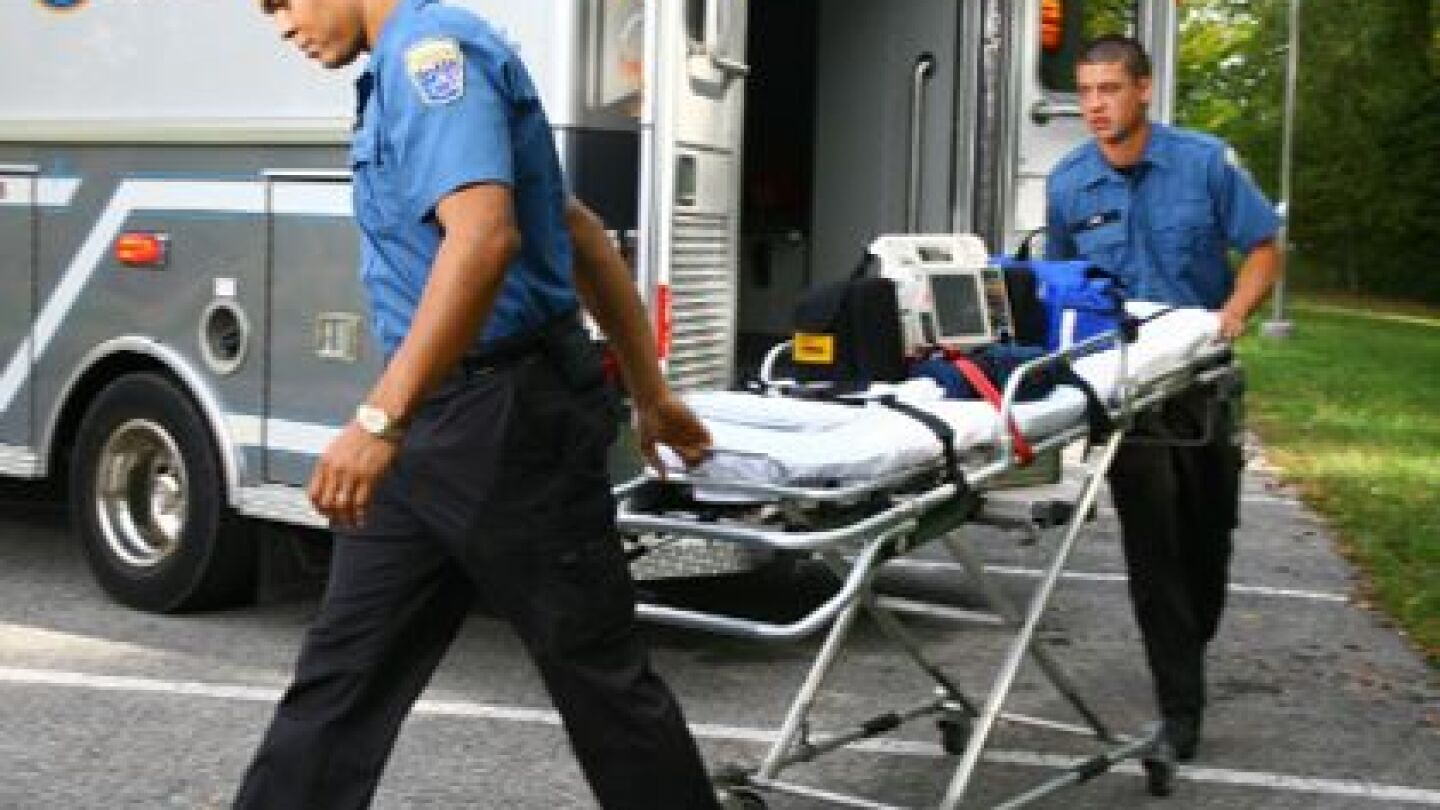Clinical
Access our directory of clinical articles in EMS, which offers in-depth information on patient assessment, treatment protocols, and emerging medical practices. This collection covers various clinical topics essential for EMS professionals, from advanced pharmacology to trauma management. Staying up-to-date with clinical knowledge is vital for delivering high-quality patient care. For additional resources, explore our section on Medical Research. Enhance your clinical expertise with our expert-driven content.
A unified effort among EMS agencies, hospitals and aviation units ensures faster, lifesaving treatment
The Colorado Springs Fire Department worked closely with the UCHealth hospital system to get the life-saving program off the ground
A month after his son initiated CPR for his first SCA, Wayne Kewitsch suffered a second medical emergency while driving
Erratic glucose levels can indicate a number of more serious conditions that should be considered before releasing a patient
Our co-hosts also discuss the recording of their 200th episode and reflect on the past four years
Transportation services are concerned that dialysis patients will lose access to care after Medicare announced they will reduce reimbursement for non-emergencies
An EMS agency recently announced it would be installing Amazon Echos in its ambulances, and our readers weighed in on the decision
Organizations providing first aid certification programs should examine their courses to decide if they have the right goals in place
Educating EMS providers about autism symptoms can help them identify behaviors and special needs, and modify their response
Oncology nurse Tracey Hoffman found a pilot through Facebook to volunteer to give prostate cancer patient Joe Booth his first flight
A new law allows advanced paramedics to prescribe medicine to patients who need help, but do not need to see a doctor
The Chief of the Manatee County Emergency Medical Services in West Bradenton, Fla., shares lessons learned from a recent incident and local fallout
Our co-hosts discuss a recent article about leaving a patient in a high traffic area after working a code
Bay County Paramedic Rebecca Smith sat with the woman for two hours and made arrangements for her out-of-town family to have a place to stay
Officials reviewed protocols and determined there was a “gap” in the list of pain medications paramedic-level ambulances were authorized to carry
Communication is vital to maintaining privacy and EMS public relations when a patient is pronounced in a public setting
Through the EPIC treatment, EMS providers are taught to focus on the three H-bombs to prevent further damage to head injuries

Moving beyond the ‘standard’ 12-lead ECG
There’s more to a diagnostic ECG than just 12-leads, and there’s more to a 12-lead than just ST-Elevation
Federal investigators cited the University of Maryland Medical Center for several deficiencies after a patient was found outside in frigid temperatures
VA patient Robin Harrison said she waited two hours with debilitating stomach cramps before calling 911
The study suggested that opioids might not treat chronic pain, such as hip or knee arthritis conditions, any better than non-opioid medication
Two national studies increased the treatment window from six hours to 24, a potential life-saver for people who have strokes during sleep
Bainbridge Island residents prepared for the chance that they could be completely cut off from first responders in a major disaster like an earthquake
A method of helping the combat veteran community is helping first responders cope with traumatic events by creating a narrative
Quiz yourself on case studies presented at the Gathering of the Eagles that demonstrate some of the unique effects drugs can have on the heart
A national database examining five metrics in evidence-based care gives EMS a framework to improve tactics, efficiency, outcomes and resource allocation
Through a partnership between Jan-Care Ambulance and FMRS Health Systems Inc., a program is in development to connect overdose survivors to treatment
First do no harm is a worthy EMS goal, but should not supersede all others
SALT Triage System is the foundation of the new MUCC Instructional Guidelines for training paramedics and EMTs in mass casualty triage
By using video technology to do remote consultations, patients don’t have to wait get a psychiatric assessment
Last year, the city spent nearly $500,000 to staff a 12th ambulance because of a steep increase in the number of people dialing 911
Uber Health will handle rides set up by doctor’s offices or other healthcare providers and then bill that business, not the patient, for the service


















